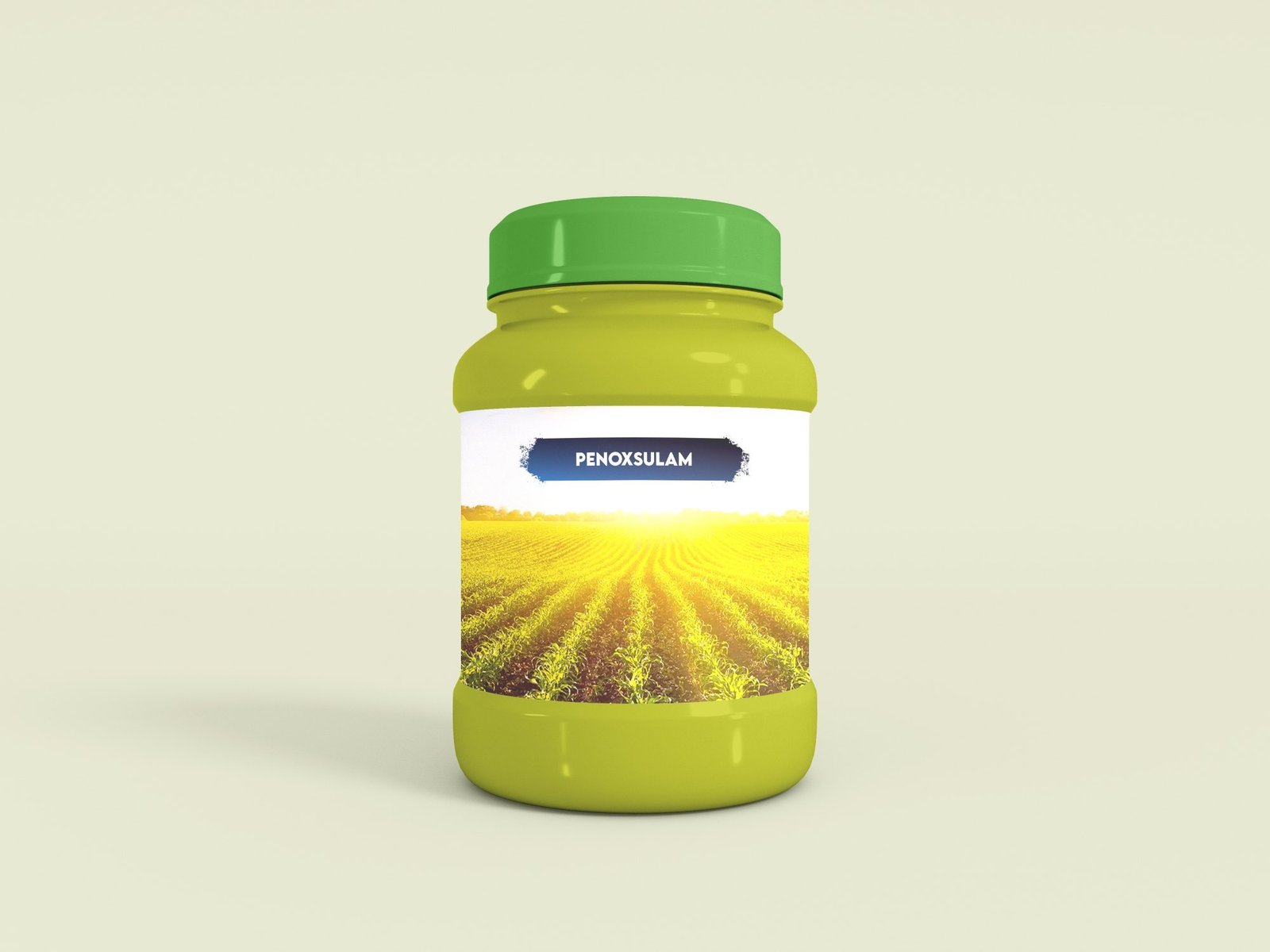In an era where sustainability is a key driver of innovation in agriculture, Penoxsulam stands out as an herbicide that aligns with environmentally conscious farming practices. As global attention shifts toward reducing the ecological footprint of farming, Penoxsulam’s selective action and low environmental impact make it a valuable tool for modern agricultural systems.
1. The Need for Sustainable Herbicides
The agricultural industry faces mounting pressure to adopt more sustainable practices, especially in herbicide usage. Traditional chemical herbicides can leave harmful residues that affect soil quality, water systems, and non-target species. Penoxsulam, however, is a selective herbicide, targeting only specific weeds without affecting the surrounding crops. This reduces the need for broad-spectrum herbicides that can cause broader ecological damage.
2. Effective Weed Control in Rice Cultivation
Penoxsulam is particularly important in rice farming, where it provides efficient weed control in flooded paddies. Weeds can significantly impact rice yield, and Penoxsulam’s ability to target these weeds without harming the rice plants is a game changer. Its minimal environmental impact makes it a popular choice for farmers who are moving away from harsher chemicals.
3. Eco-Friendly Turf and Aquatic Applications
Penoxsulam’s turf management and aquatic applications also highlight its role in sustainable agriculture. In turf management, Penoxsulam is used in golf courses, parks, and recreational fields to maintain healthy grass without harming the environment. It is also used to control invasive aquatic species, helping preserve the biodiversity of water bodies without causing harm to the ecosystem.
4. Supporting the Shift Toward Eco-Friendly Practices
As the agricultural industry embraces sustainable practices, Penoxsulam plays a crucial role in minimizing chemical runoff and reducing pesticide residues in crops. Its low toxicity to non-target organisms makes it a preferred choice in regions where environmental concerns are a top priority. With increasing regulatory scrutiny over pesticide use, Penoxsulam’s eco-friendly profile places it in a favorable position for widespread adoption.
5. Future Prospects
The demand for sustainable farming solutions is only expected to grow in the coming years. With Penoxsulam’s effectiveness in rice cultivation, turf management, and aquatic weed control, its role in sustainable farming will continue to expand. As more farmers adopt eco-friendly herbicides to meet regulatory and environmental standards, Penoxsulam’s market growth looks promising.
Conclusion
Penoxsulam is a perfect example of how agriculture can progress toward sustainability. By effectively controlling weeds with minimal environmental impact, it supports eco-friendly farming practices, making it an essential tool in the future of agriculture.

